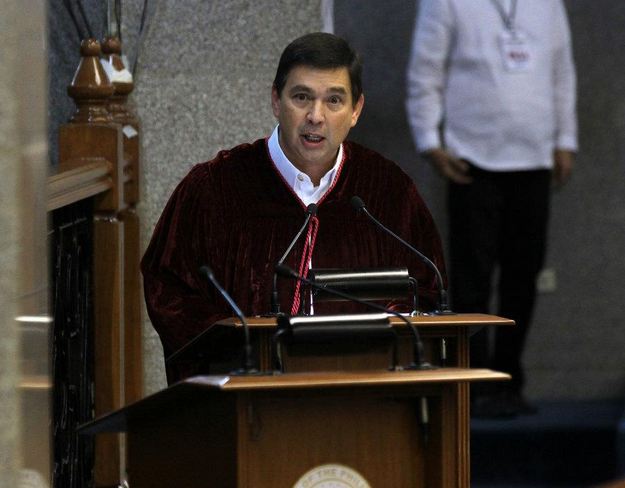
MANILA — After filing a bill providing free Wi-Fi access in Metro Manila, Senate President Pro Tempore Ralph G. Recto also asked the government to mandate Internet service providers (ISPs) and telecommunication companies to increase the minimum speed of their Internet service to 10 Mbps (megabits per second) from the current Internet speed of 3.4 Mbps.
Recto said with 3.4 Mbps, the country has the slowest Internet speed in South East Asia followed by Indonesia with 4.1 Mbps, Malaysia at 5.5 Mbps, with Singapore having the fastest in the ASEAN region with a lightning Internet speed of 61 Mbps.
The global Internet speed to download information and pictures from the worldwide web is 18.4 Mpbs.
“Unfortunately, the Philippines ranks at the tail-end of world broadband speed rankings and is also tagged as one of the most expensive,” Recto said on Wednesday.
“The national march towards a broader Internet or Wi-Fi access should be in cadence with a decent Internet speed. What is the use of Wi-Fi if it is too slow?,” he added.
Recto said Filipino Internet users are also paying more than their ASEAN counterparts with a monthly average of $ 24.92 or roughly P1,120 compared to the fraction spent by other nationalities.
He said his Senate Bill (SB) 2238 dubbed, “Bilis Konek Act of 2014,” would empower the National Telecommunications Commission (NTC) to require a minimum speed for all ISPs and telcos offering Internet service of 10 Mbps for mobile broadband and Internet access.
Recto said the speed should be faster at 20 Mbps when it comes to fixed and fixed wireless broadband/Internet access or those installed at home and the transition to a faster Internet speed would be two years after the enactment of the law.
“This bill recognizes the importance of high-speed Internet connections in increasing productivity and the growing demands for connectivity,” he said, noting that faster Internet has correlation to economic growth according to a foreign report.
Recto stressed mandating a minimum Internet speed makes sense since the country aside from being the “Texting Capital of the World” was also named by the Global Web Index as having the Fastest Growing Internet Population with a 531 percent growth in the last five years.
“If the Human Rights Council of the United Nations General Assembly declares Internet access as a basic human right, Internet users should also have the right to faster Internet — call it Internet on steroids,” he said.
Recto has also filed SB 2232, which seeks the roll out of free Wi-Fi access to all public places in the National Capital Region (NCR) as a companion measure to his “Bilis Konek Act.”
Recto said an NCR-wide free Internet access would provide equal opportunity to all, especially the marginalized members of society and promote efficiency and productivity in businesses.
“Providing free internet access to public buildings and facilities in the national capital will also ensure that our growing labor force will be updated with employment opportunities,” Recto said in filing SB 2232.
He said a free Internet access to the public would “mean providing access to the underserved in our society, including getting low-income people online.”
A free Wi-Fi service, according to him, would also give access to vital information available online such as school information for students; traffic reports and alternative routes for motorists; latest weather bulletins, basic goods prices such as oil and gas; and updates on government services.
Recto said his proposed bill, if enacted into law, would mandate free Internet use in public areas and government offices in the entire National Capital Region: all national and local government offices, schools and public transport system.
He assured that once seamlessly in place in Metro Manila, other major cities in the country should be also accorded with free Wi-Fi service.
The Recto bill mandates the Information and Communications Technology Office (ICTO) of the Department of Science and Technology (DOST) as the lead agency.